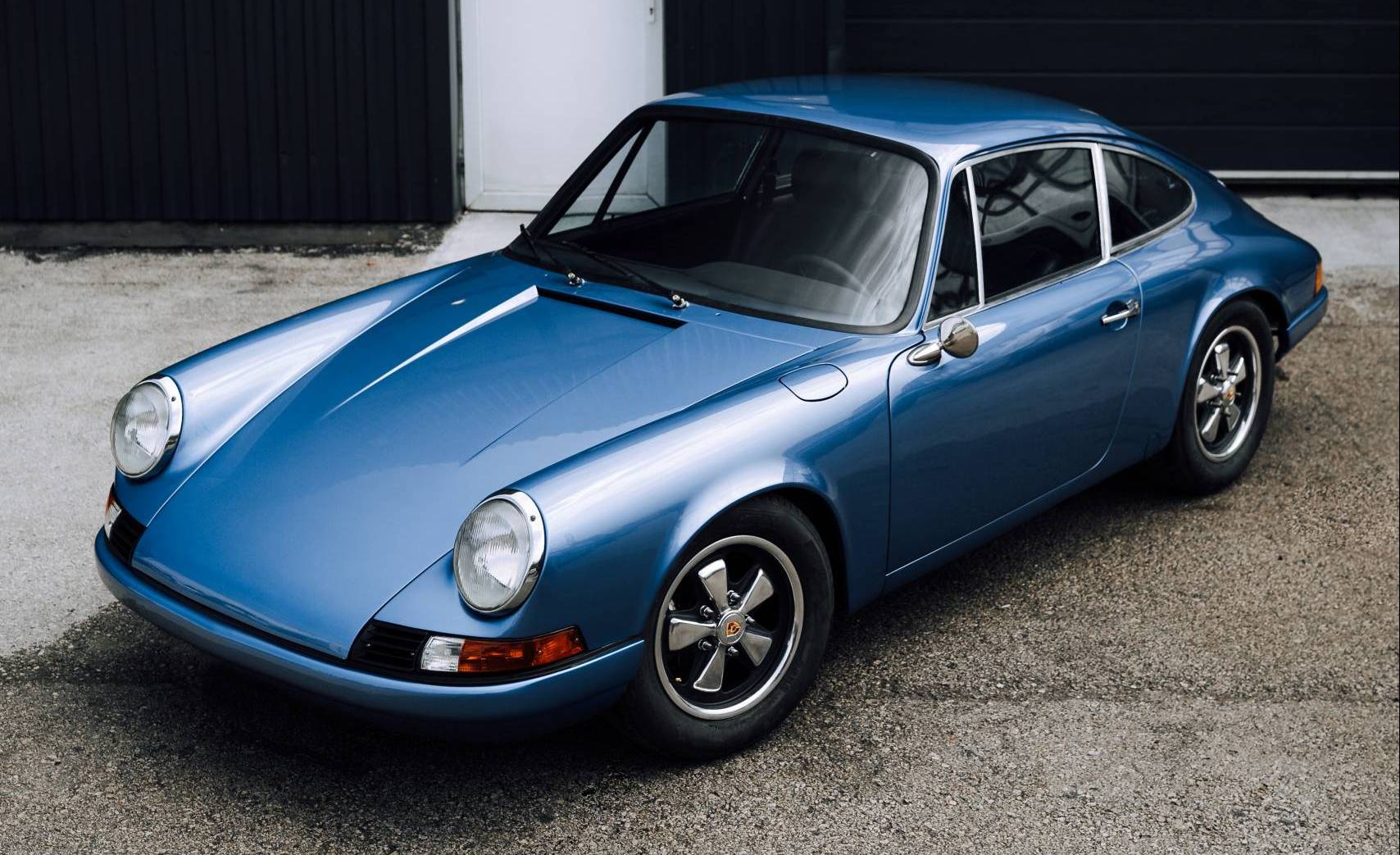The Increasing Value of Collector Vehicles
There’s no denying the increasing value of exotic vehicles. With the most expensive vehicle recently sold for an eye-watering $142 million, a record beat by over $95 million, there’s more interest than ever in collector cars. After a relatively linear increase in car values over the past decade, the pandemic took it up a notch, and now vehicle values are higher than ever. With this increasing trend in value, how did the collector car market get to this spot, and will it continue this momentum?
To answer the questions above, it’s essential to look at what has happened more broadly over the past two years. COVID-19 and its lifestyle have greatly sparked an interest in collector cars for a few crucial reasons. Consumers wanted to travel safely and freely, they spent more time at home, and many had fewer expenses over their previous lifestyles, having more cash in hand. Like the rest of the economy during the start of the pandemic, it was uncertain what would happen to car values, but concerns quickly changed to rising prices. Stimulus money and PPP loans could also be a factor, given the additional money in the economy. From a new vehicle perspective, the chip shortage could also drive collector car prices, given there are fewer new vehicles available to compete with. All these forces made collector cars’ values increase at an even higher rate than the average yearly rate of 10 percent.
Many outside the car world may wonder or may not see the immediate value of collector cars. With many pouring money into restorations of vehicles, the maintenance and upkeep of classic vehicles can be high. Still, for some investors, vehicles can be a unique portfolio asset that can increase at rates above the markets. From vintage Japanese sports cars to American muscle, specific vehicle types continue to rise in value even more quickly than others. Beyond the value, owning an exotic car can be worth it to an investor for various reasons. From exclusivity to aesthetics and history to power, there’s a variety of characteristics that may make one vehicle appreciate more than another.
Will Collector Vehicles Continue to Increase in Value?
There’s a variety of factors to see if collector vehicles will continue to increase in value. In short, it isn’t very easy. Here are a few important angles that are impacting the collector car market both positively and not-so-positively:
- Car Market has Historically Followed Market Changes: Historically, the car market has followed and had exaggerated trends around the economy. So when the economy is hot, the collector car market is scorching. When the market is down, so are car values. Although this has been the trend historically, the other factors below are playing a more significant role than ever.
- Car Collectors Are Getting Younger: Much like the housing market where millennials now make up 43% of home buyers, millennials and gen Z are the fastest-growing groups of car collectors. This means there’s more competition than ever, which is why 80s and 90s vehicles are becoming more popular.
- Inventory Continues to Be a Challenge: New car inventory continues to pressure other parts of the market, including collector cars. Another layer is automaker’s focus on EVs, which may keep internal combustion vehicles in short supply.
Woodside Credit has been serving clients with low monthly payments for 20 years, and with this experience, we have operated through ups and downs in the economy. Although we wish we had a crystal ball to know the future, trust our expertise in navigating your collector vehicle purchase. Get a quick quote today.

